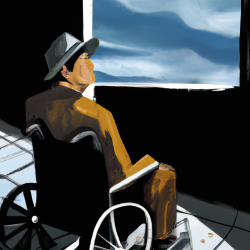November 28, 2023
Unpicking the retrofit enigma
 Earlier this year, a report from building consultancy Mace advocated for a retrofit first principle for buildings. The report highlighted how non-domestic buildings in the UK make up about an eighth of the country’s building stock but account for around a quarter of the country’s carbon emissions. The solution argued for in the report was to look at how best to retrofit around 3.5 million such buildings over the next ten years. We explore many of the issues around this crucial subject in this supplement produced in partnership with BVN. It represents both a snapshot of the current conversations about retrofit while pointing a way ahead. This one will run and run, but we need to get it right. (more…)
Earlier this year, a report from building consultancy Mace advocated for a retrofit first principle for buildings. The report highlighted how non-domestic buildings in the UK make up about an eighth of the country’s building stock but account for around a quarter of the country’s carbon emissions. The solution argued for in the report was to look at how best to retrofit around 3.5 million such buildings over the next ten years. We explore many of the issues around this crucial subject in this supplement produced in partnership with BVN. It represents both a snapshot of the current conversations about retrofit while pointing a way ahead. This one will run and run, but we need to get it right. (more…)



































